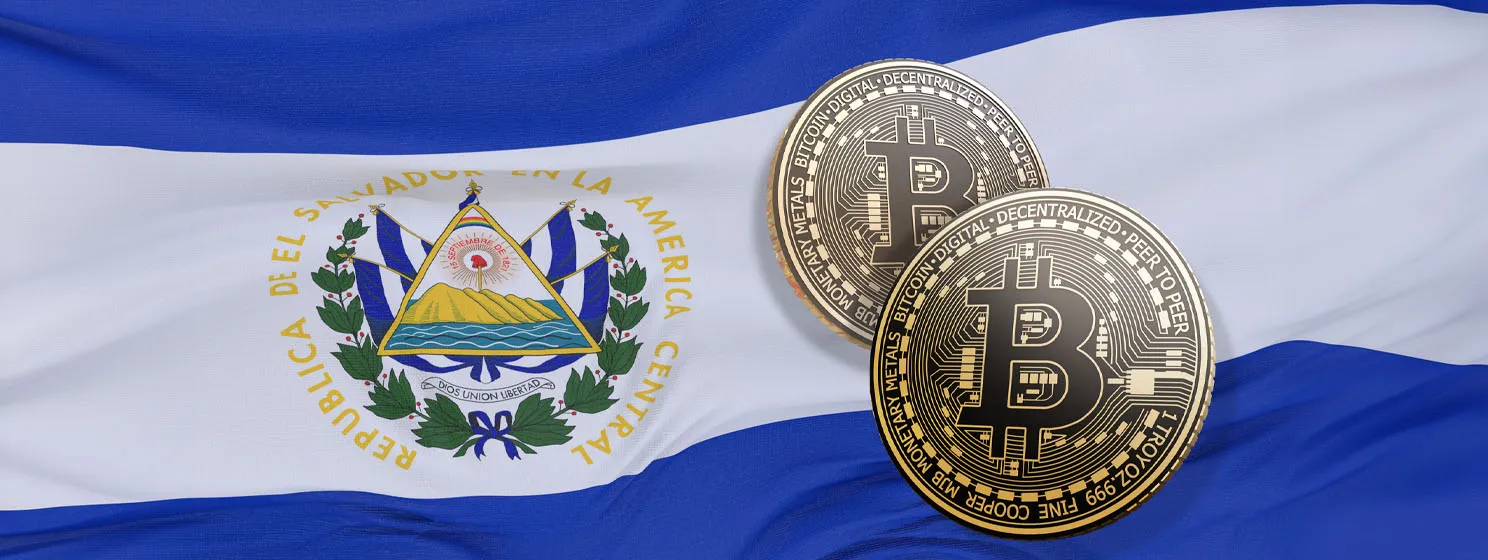|
Getting your Trinity Audio player ready...
|
When BTC briefly passed $100k per coin recently, El Salvador’s President Nayib Bukele stood triumphant.
As the nation’s BTC stash surpassed $600 million, the strongman chastised his political opponents, accusing them of causing many Salvadorans to miss out on an opportunity by opposing his plans in 2021.
Yet, away from the spotlight and public bravado, Bukele’s government has agreed to walk back its hardline pro-BTC stance to secure a $1.3 billion loan from the International Monetary Fund (IMF). Among other things, it will make accepting BTC voluntary and will embrace fiscal reforms.
What is the IMF asking El Salvador to do?
The IMF has never been comfortable with El Salvador’s BTC gambit, urging it to discontinue BTC’s legal tender status in 2021, citing “large risks” to its economic stability.
At the time, Bukele was defiant, much to the delight of BTC maximalists who framed the issue as the old system fighting against the inevitable new. However, only three years later, Bukele backed down, realizing that U.S. dollars were required to pay the bills.
In addition to walking back its mandate that merchants must accept BTC as legal tender, Bukele’s government has agreed to reduce its deficit by 3.5% of GDP by increasing taxes and cutting spending. It has also agreed to various anti-corruption measures to enhance transparency and foster good governance.
In other words, despite sitting on $300 million in paper gains on its BTC reserves, El Salvador’s current finances are unsustainable, and it needs a sizable loan to stabilize the situation. Unlike BTC’s loudest promoters, world economists and El Salvador’s creditors don’t share the unbridled enthusiasm for so-called digital gold and want to see an adjustment.
Economists are not impressed
Among the reforms the IMF wants to see is bolstering El Salvador’s foreign reserve position from $11 billion to about $15 billion. While its current BTC stash is worth over $600 million on paper, that’s insufficient to reassure the IMF or other economic institutions of El Salvador’s financial stability.
Why not? In a word: volatility. Those who have been around in the digital currency space for one or more cycles have seen mind-boggling speculative spikes and crashes and know just how volatile BTC and other digital currencies are. For example, in the final stretch of 2021, BTC was worth $69,000 per coin, but by the end of 2022, it had sunk to under $20,000.
In other words, in reality, El Salvador’s $600 million worth of BTC on its balance sheet means little. Not only is the asset illiquid, hence its volatility, but its value could be worth a fraction of that in a year should the market turn.
In fact, it could be argued that Bukele’s BTC gambit has caused the need for the IMF loan he is seeking, at least in part. Had his government spent the $270 million it invested on much-needed healthcare, education, and infrastructure requirements, which are known to boost economic growth, the nation’s GDP might have grown faster, increasing tax receipts and shrinking the deficit as a percentage of GDP.
Yet, that’s not what happened. Instead, Bukele’s government gambled on a digital currency that added nothing to El Salvador’s real economy and did little for its balance sheet in the eyes of economists.
A mindset problem in the BTC camp
The core of the issue here is a fundamental misunderstanding of economics in the small-block Bitcoin camp: the fiat value of an asset going up is not real economic growth. It’s a reminder of Adam Smith’s argument that money isn’t wealth; real wealth is the goods and services money can buy or control.
Big block Bitcoiners like those in the BSV camp have argued this for over a decade. Bitcoin was designed as a peer-to-peer electronic cash system capable of micropayments and small, casual payments with virtually no fees. Using it as such would unleash enormous economic growth, making all manner of sub-dollar and even sub-cent transactions possible, creating new business models and a global peer-to-peer economy.
Had nations like El Salvador had access to such a system, there’s no telling what sort of GDP growth it might have experienced. As a nation that received over $8.1 billion in remittances in 2023, El Salvadors’ citizens would have had more cash in their pockets had the associated fees been eliminated, and spending that locally would have undoubtedly led to increased economic growth.
Better yet, the timestamped, immutable records the scalable Bitcoin blockchain enables would have made it much easier to show the transparency and good governance the IMF now demands.
While El Salvador’s President has accused his political opposition of missing the opportunity BTC presented, the real missed opportunity was in embracing it rather than the electronic cash system Bitcoin was supposed to be.
Fortunately, Satoshi Nakamoto’s system lives on as BSV, and those who understand and embrace it now will reap the rewards in the future.
Watch: Bringing the Metanet to life with Teranode

 09-18-2025
09-18-2025 





